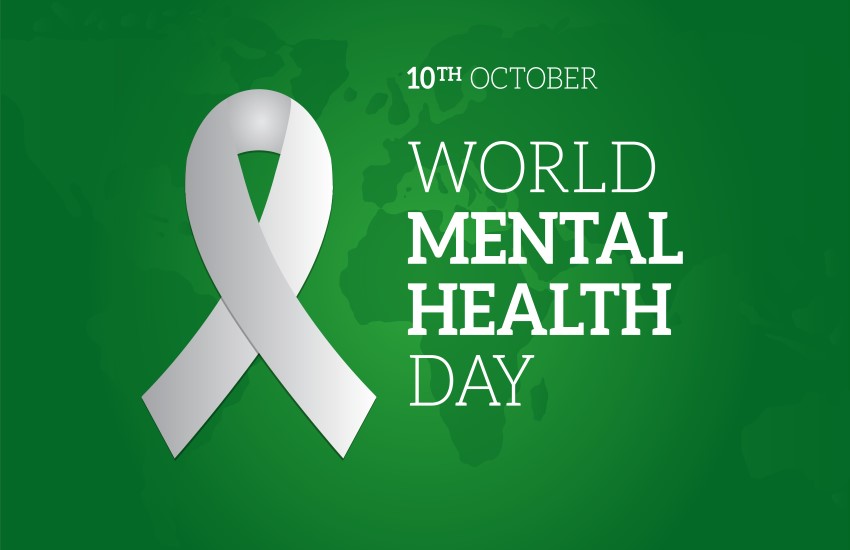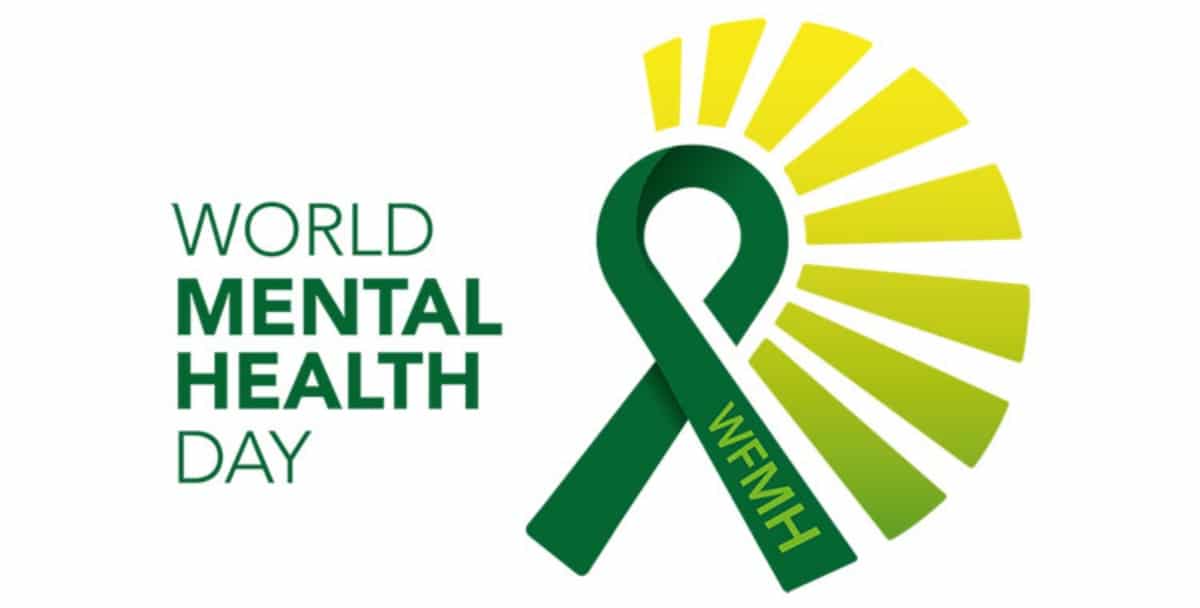
COVID-19’s Impact on Mental Health: Insights from Mental Health Day 2020
The year 2020 will forever be remembered for the global COVID-19 pandemic, which brought about significant challenges and changes to nearly every aspect of life. Among the myriad of consequences, the pandemic has taken a heavy toll on mental health worldwide. On Mental Health Day 2020, we explore the profound impact of COVID-19 on mental well-being and the insights gained during this critical time.
The Pandemic’s Mental Health Toll
The pandemic’s impact on mental health has been multifaceted. Isolation, fear of infection, financial stress, and uncertainty about the future have contributed to heightened levels of anxiety and depression. People have grappled with grief and loss, whether it’s the loss of loved ones, employment, or the familiar routines of life. For many, the pandemic has exacerbated existing mental health conditions, making it even more challenging to cope.

The Importance of Mental Health Day 2020
Mental Health Day 2020 took on extraordinary significance in light of these challenges. It provided an essential platform to address the mental health crisis that unfolded alongside the pandemic. Here are some of the key insights gained from the event:
1. Acknowledging the Impact: Mental Health Day 2020 emphasized the importance of acknowledging the psychological toll of the pandemic. It urged individuals and communities to recognize that it’s normal to feel anxious, stressed, or overwhelmed during such unprecedented times.
2. Reducing Stigma: The event highlighted the need to break down the stigma surrounding mental health. The pandemic has made it clear that mental health affects everyone, regardless of age, gender, or background. Sharing personal stories and experiences has been instrumental in reducing this stigma.
3. Promoting Access to Care: Mental Health Day 2020 underscored the importance of making mental health care accessible to all. Telehealth services, crisis hotlines, and online support communities have become lifelines for those seeking help during the pandemic.
4. Fostering Resilience: The event emphasized the power of resilience in facing adversity. Resilience-building strategies, such as mindfulness, meditation, and maintaining social connections (even virtually), have been key in helping people navigate the mental health challenges of the pandemic.
5. Global Solidarity: Mental Health Day 2020 highlighted the global nature of the mental health crisis. Communities worldwide came together to support one another, sharing resources, strategies, and messages of hope. This sense of global solidarity has been a beacon of light in a challenging time.
Moving Forward with Mental Health
While Mental Health Day 2020 provided invaluable insights, the journey towards better mental health continues. It has become clear that mental health must be a central component of pandemic preparedness and response. Long after the pandemic subsides, the mental health impacts will linger, necessitating ongoing support and resources.
Conclusion
As we reflect on the insights gained from Mental Health Day 2020, it’s crucial to recognize that mental health is an integral part of overall well-being. Addressing mental health challenges requires a collective effort from individuals, communities, governments, and healthcare systems. By breaking down stigma, promoting access to care, and fostering resilience, we can better navigate the ongoing mental health challenges posed by COVID-19 and build a more resilient and compassionate world for all.
